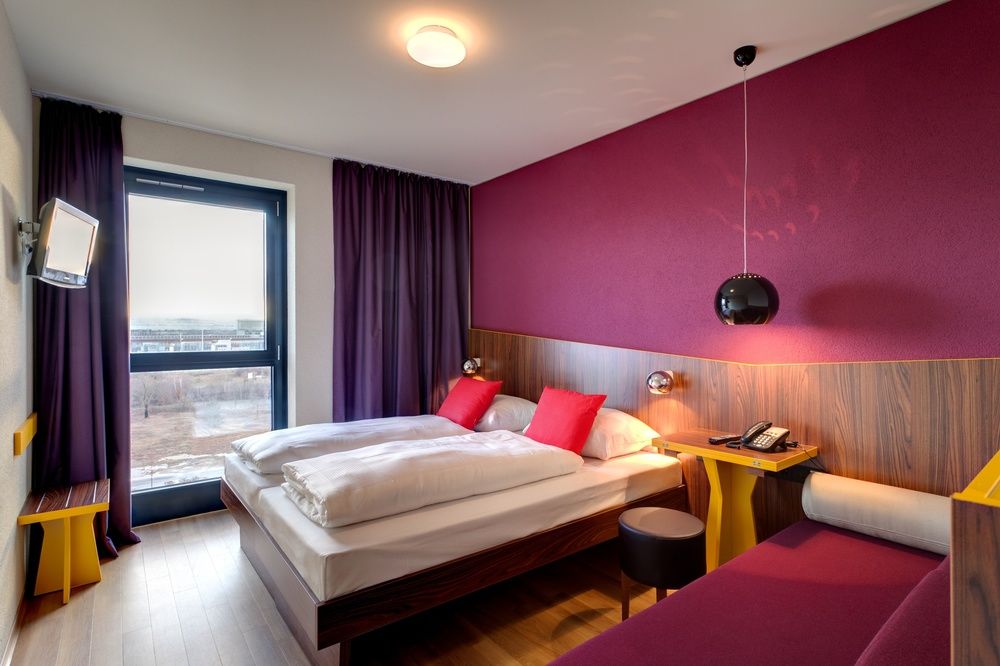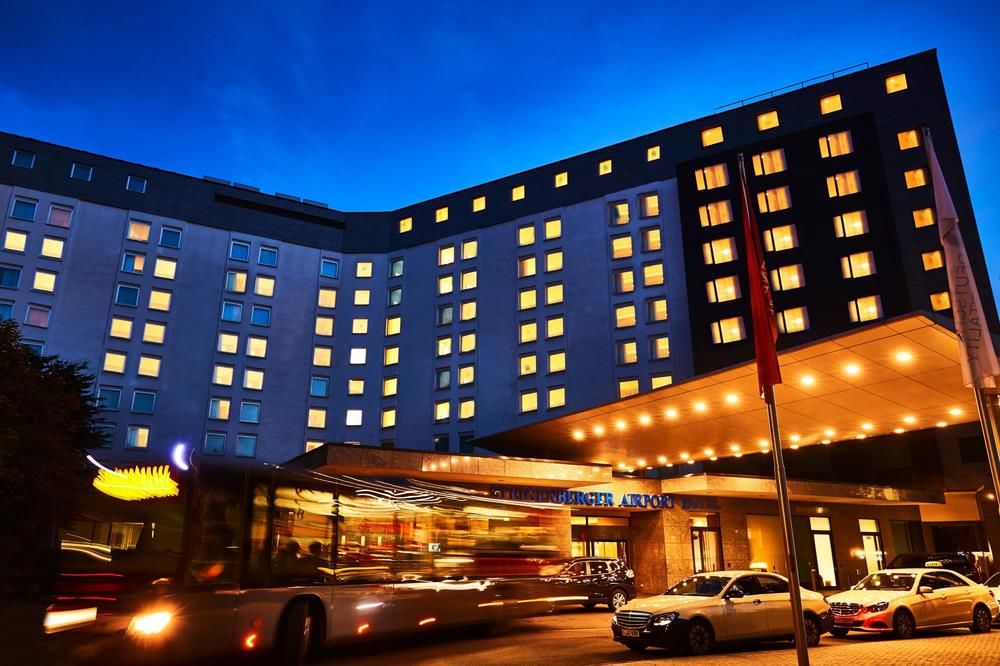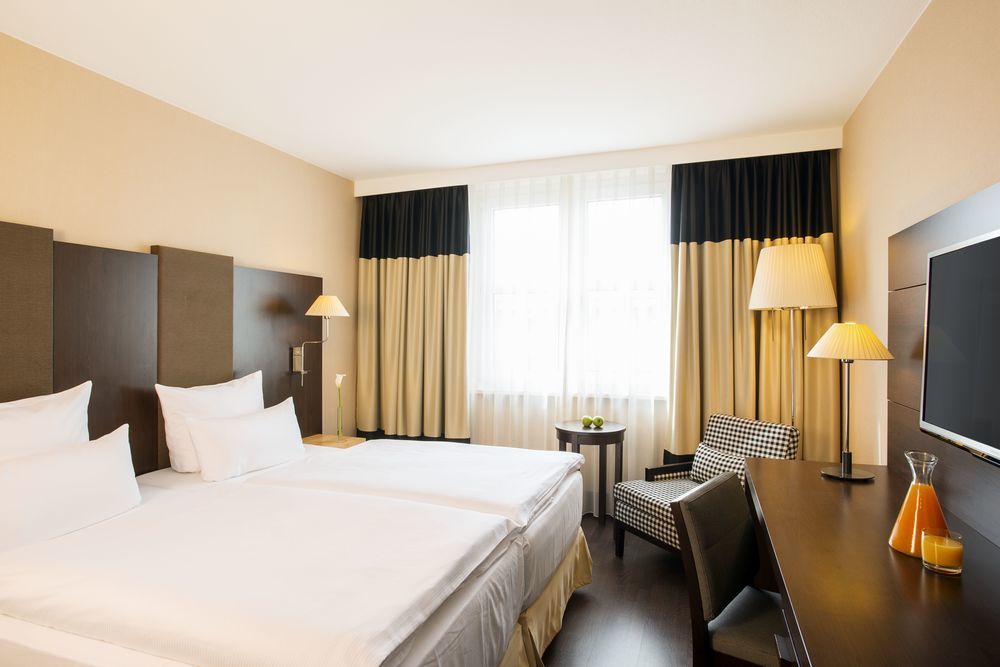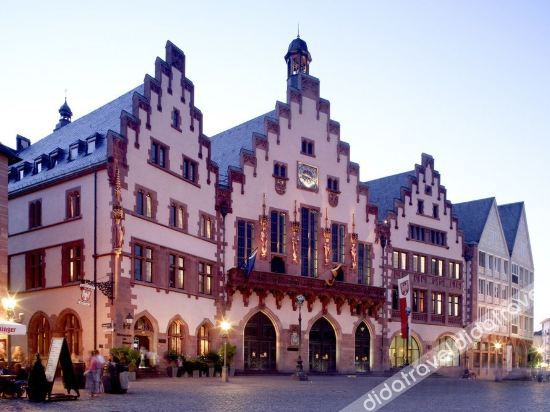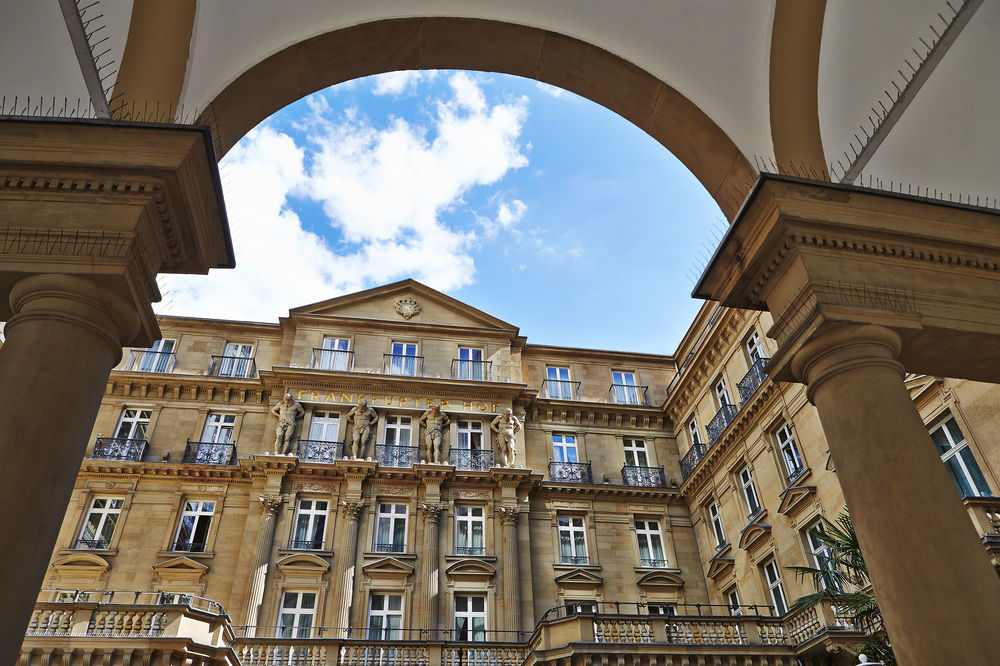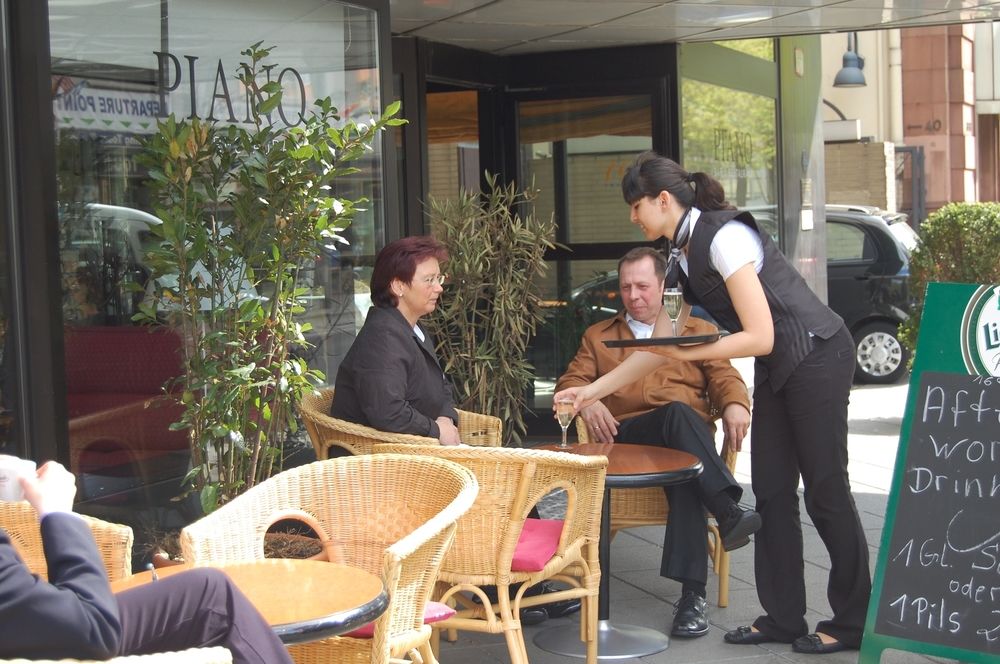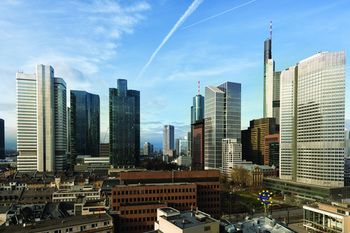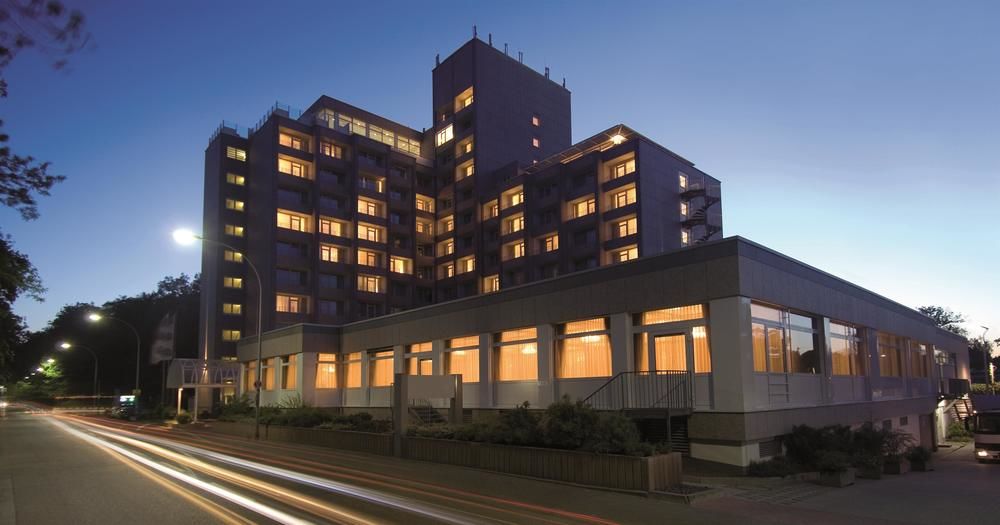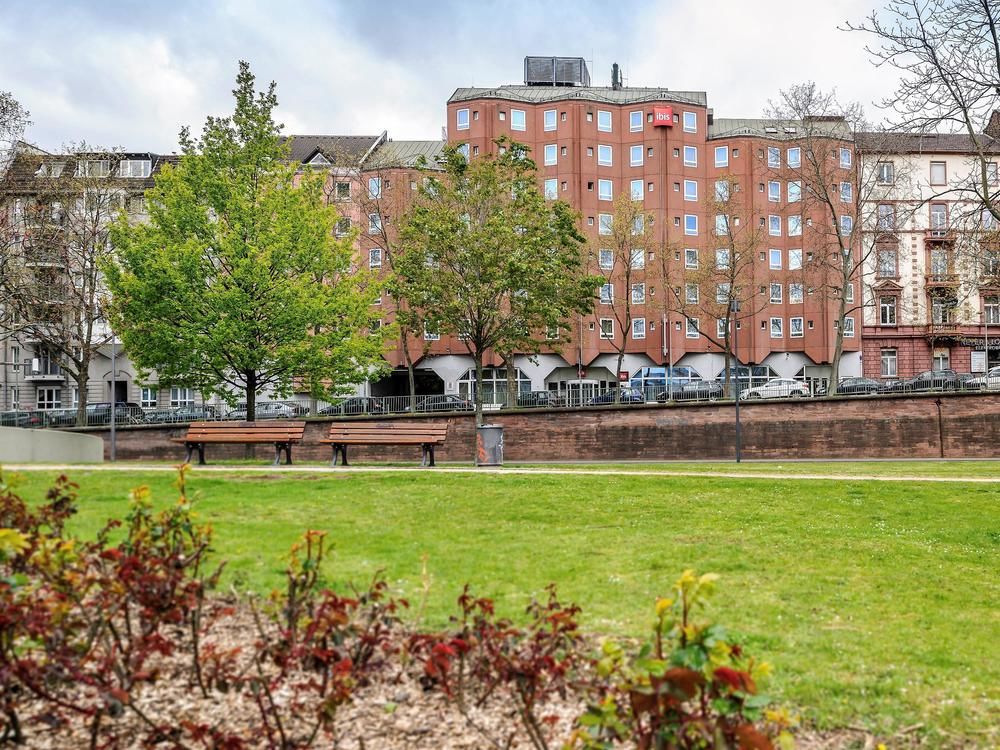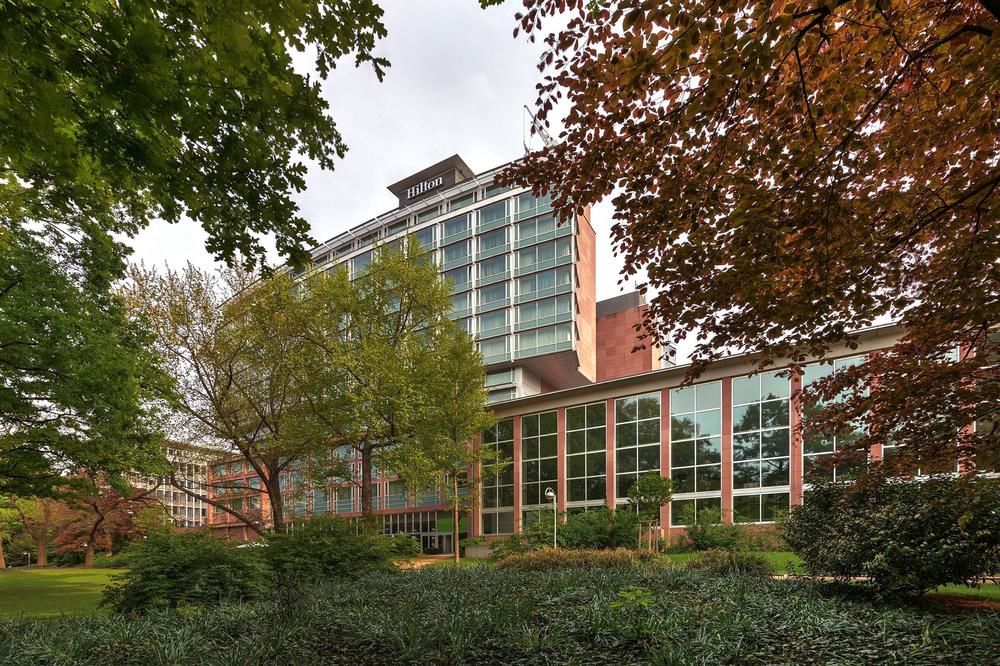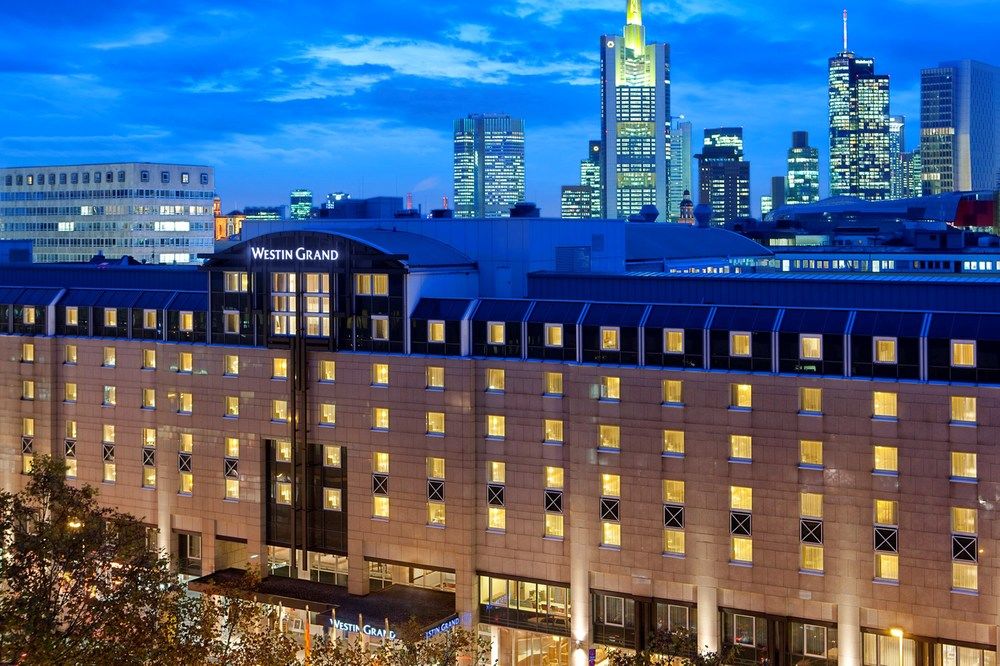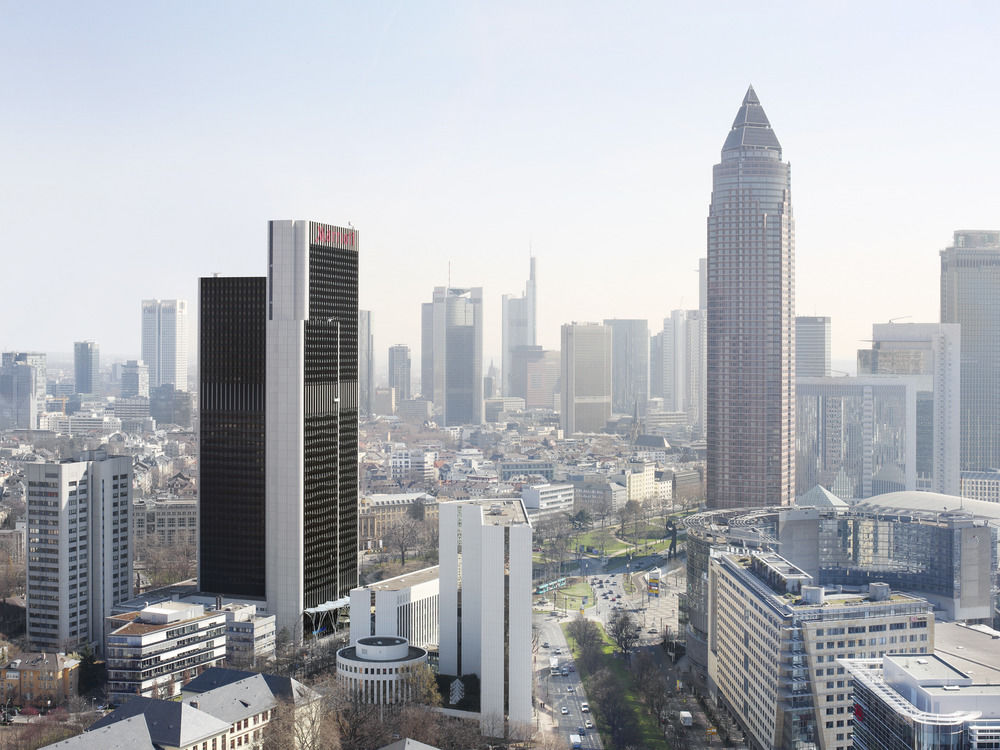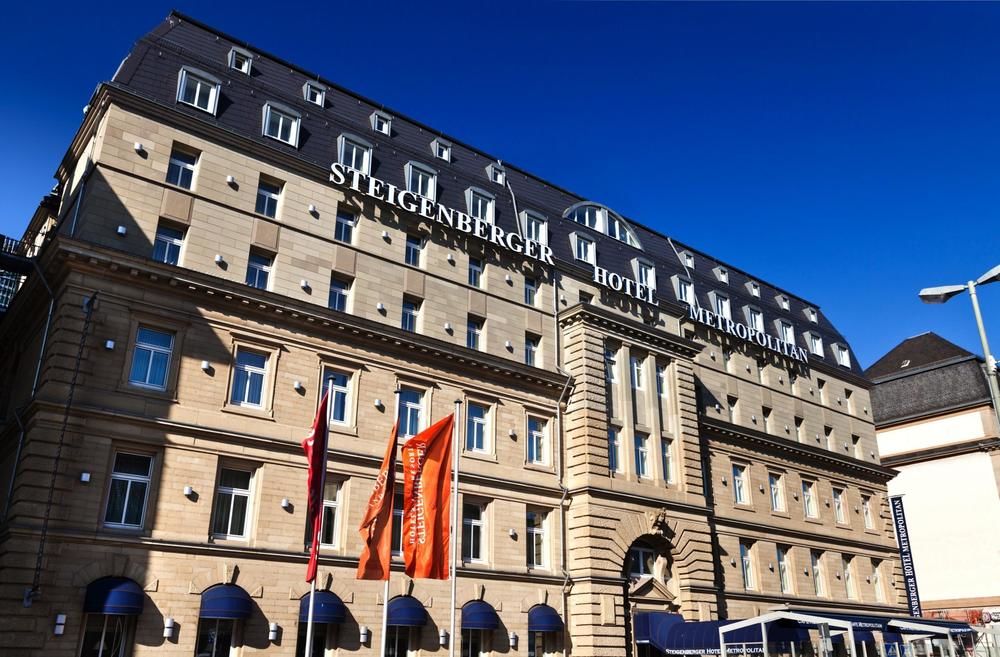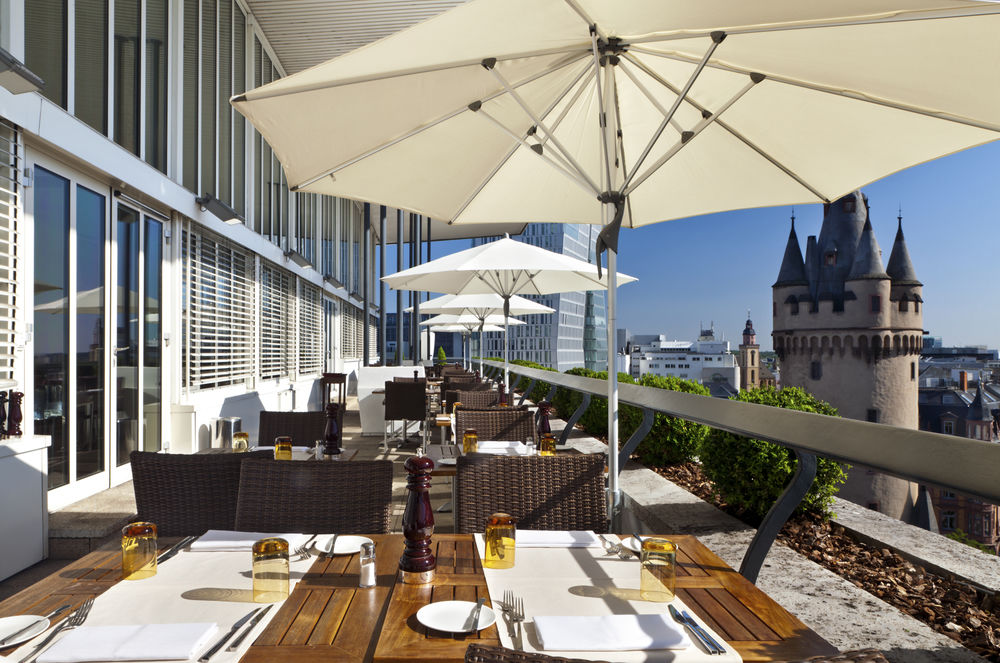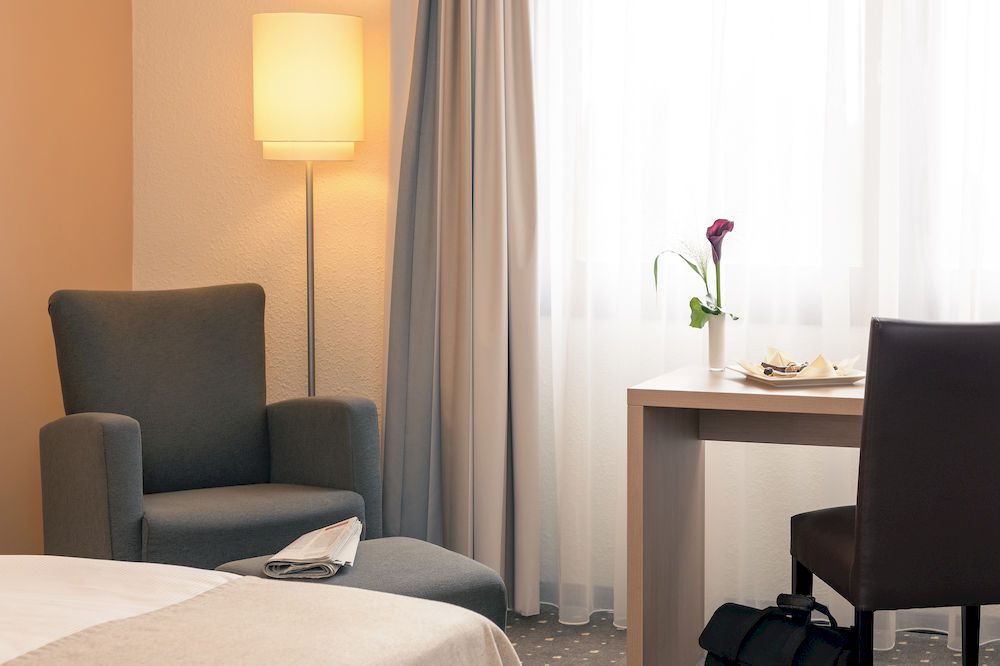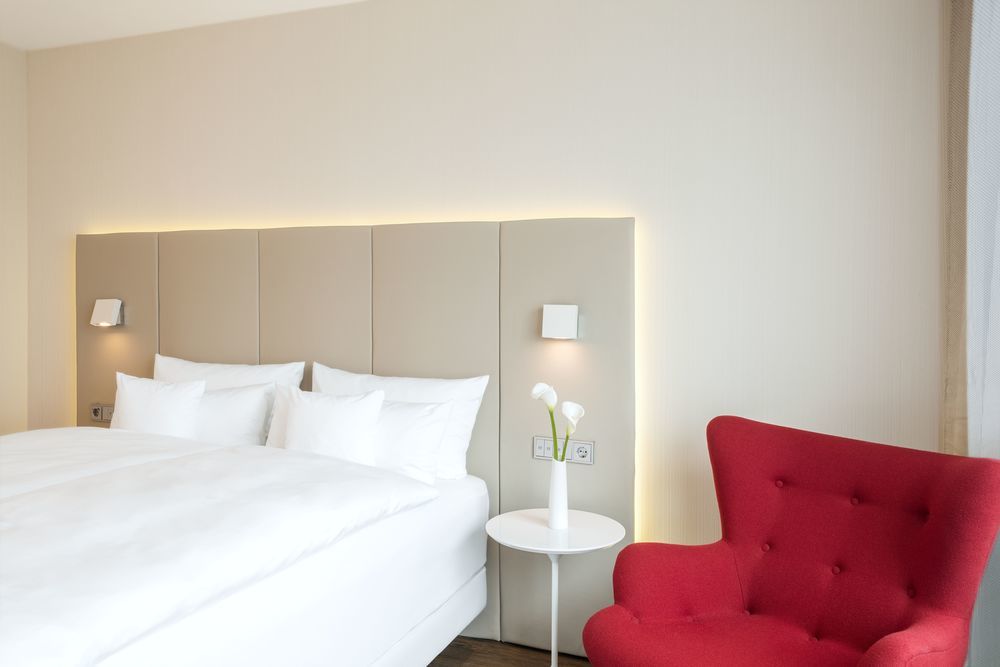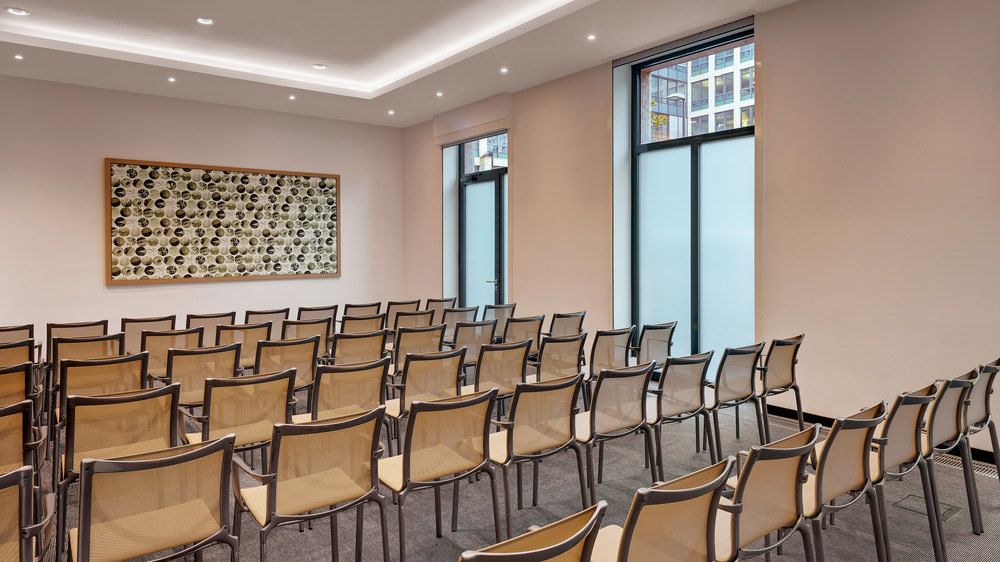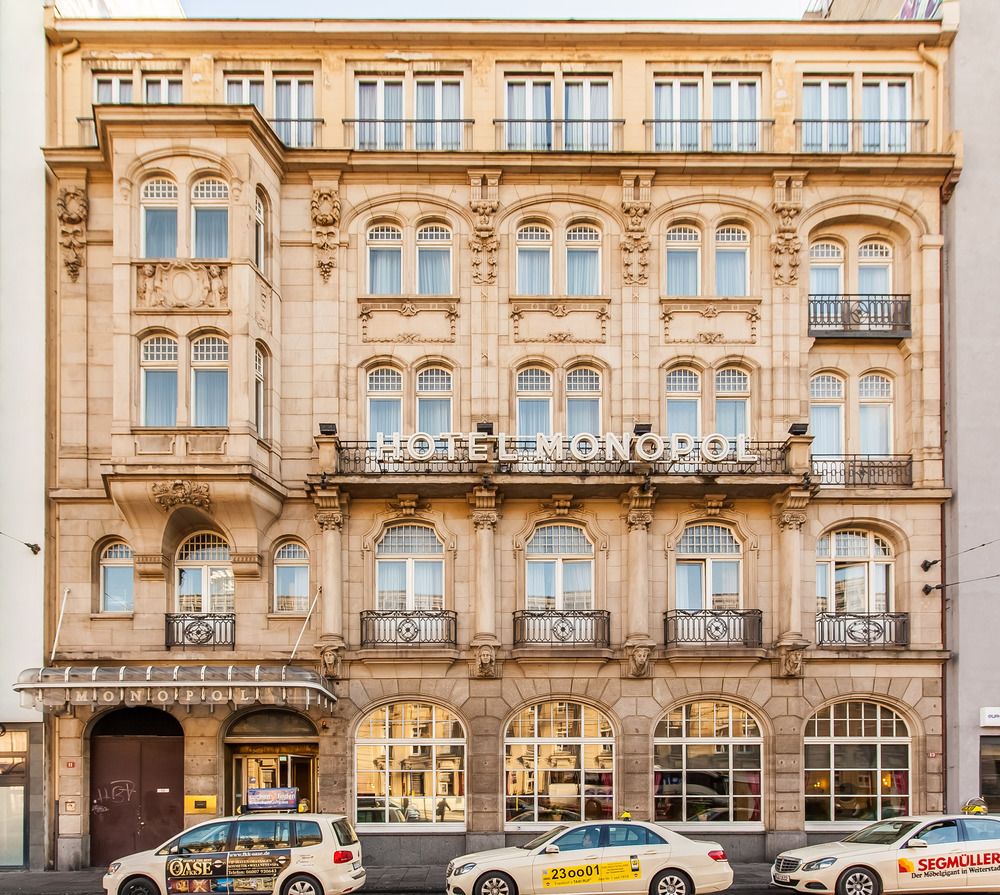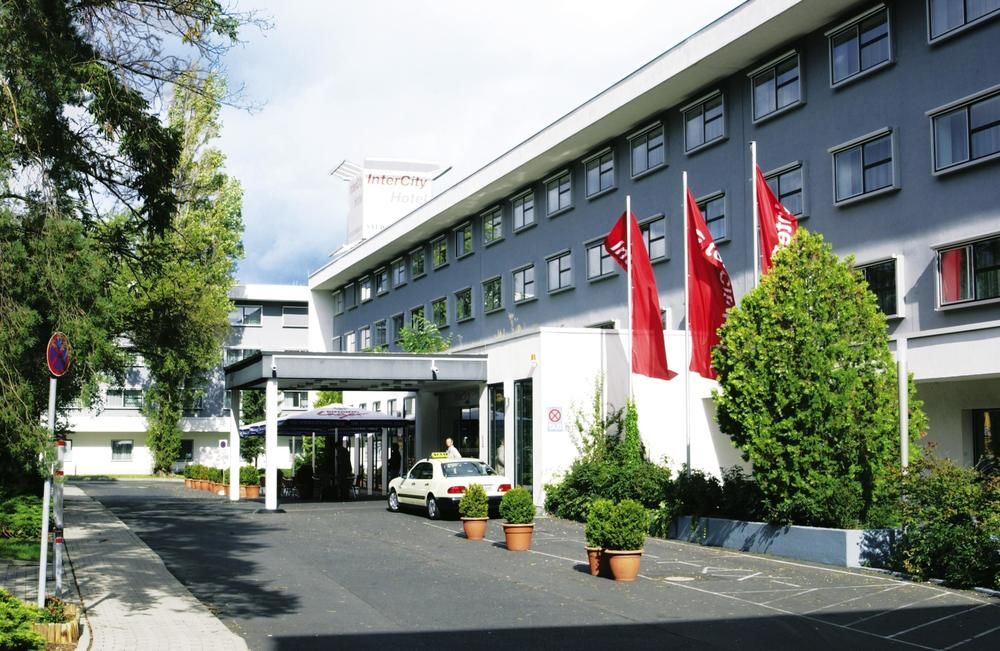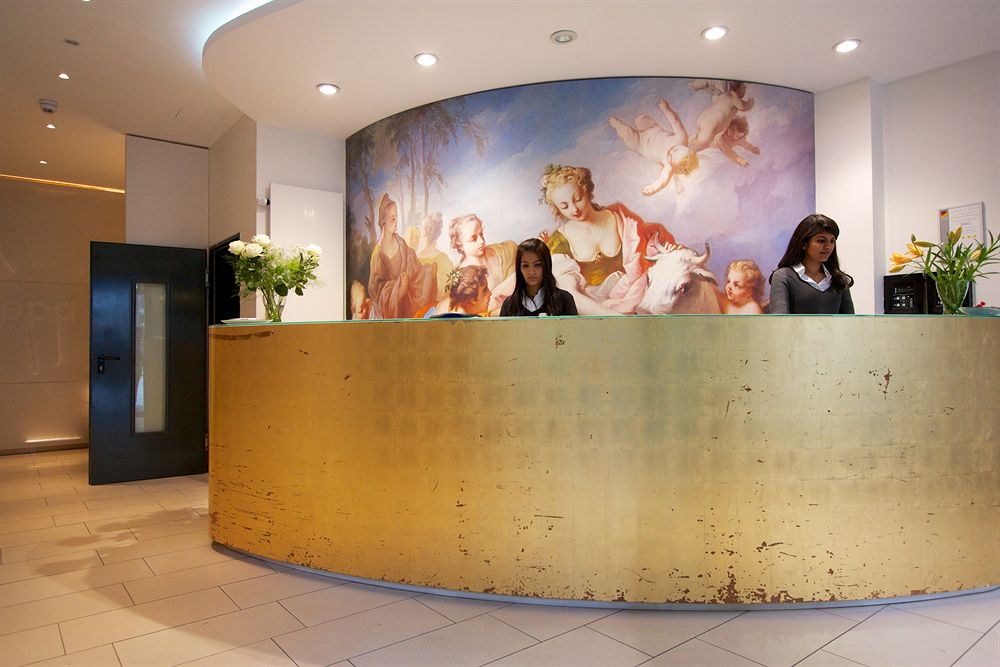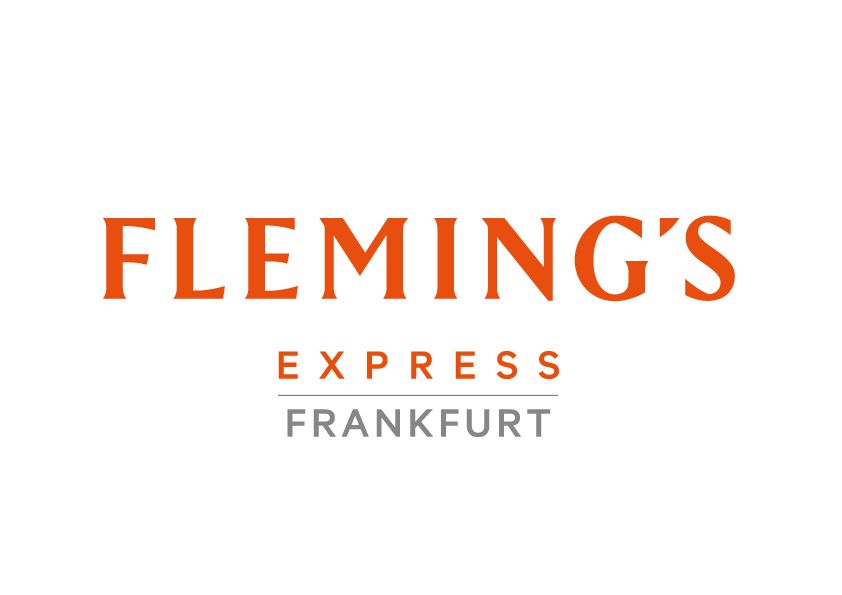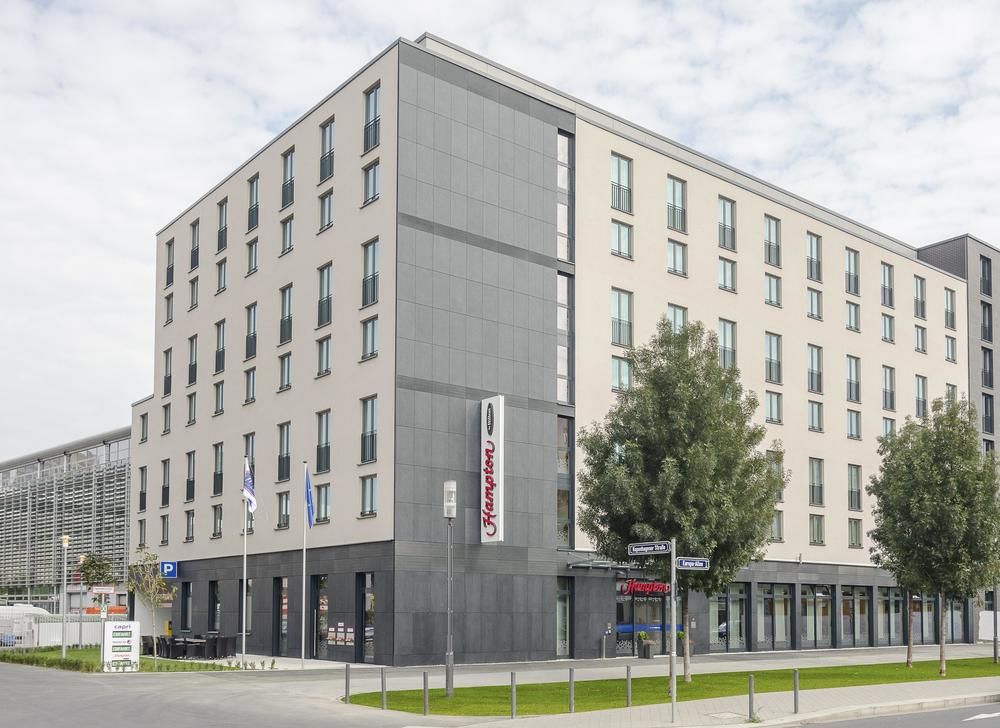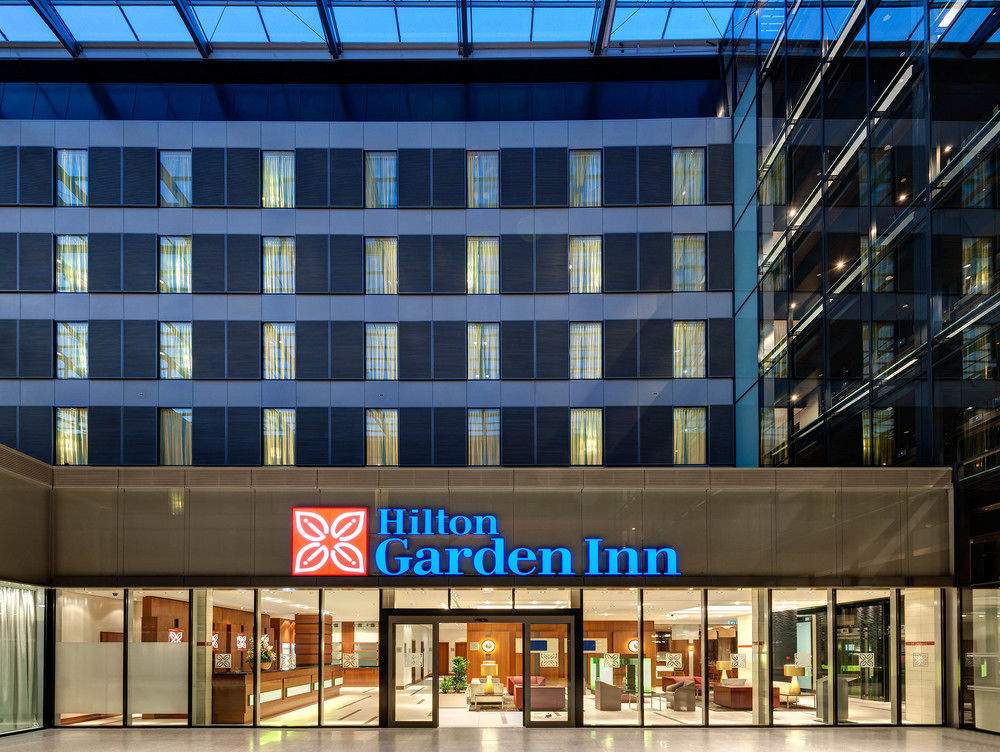
Find hotels in Frankfurt am Main
Lowest prices detected by AI for hotels
Best
Cheapest
Star Ratings
AI Recommended
Best Hotels In Frankfurt am Main
Cheapest Hotel Deals in Frankfurt am Main
Top Rated Hotels
5 Star Hotels in Frankfurt am Main
4 Star Hotels in Frankfurt am Main
3 Star Hotels in Frankfurt am Main
AI-recommended Destinations
Where to stay in Frankfurt am Main
More About Frankfurt am Main
“A modern center of the German economy”
Frankfurt, officially Frankfurt am Main (German: [ˈfʁaŋkfʊɐ̯t ʔam ˈmaɪn] ( listen); lit. "Frank ford at the Main"), is a metropolis and the largest city of the German federal state of Hesse, and its 736,414 (2016) inhabitants make it the fifth-largest city of Germany after Berlin, Hamburg, Munich, and Cologne. On the River Main (a tributary of the Rhine), it forms a continuous conurbation with the neighbouring city of Offenbach am Main, and its urban area has a population of 2.3 million. The city is at the centre of the larger Rhine-Main Metropolitan Region, which has a population of 5.5 million and is Germany's second-largest metropolitan region after Rhine-Ruhr. Since the enlargement of the European Union in 2013, the geographic centre of the EU is about 40 km (25 mi) to the east of Frankfurt's central business district.
Frankfurt is the largest city in the Rhine Franconian dialect area (Franconian, Central German dialects). Like France and the region of Franconia, the city is named after the Franks. Frankfurt was a city state, the Free City of Frankfurt, for nearly five centuries, and was one of the most important cities of the Holy Roman Empire; it lost its sovereignty in 1866. The city is culturally and ethnically diverse, with around half of the population, and a majority of young people, having a migration background. A quarter of the population are foreign nationals, including many expatriates.
Frankfurt is an alpha world city and a global hub for commerce, culture, education, tourism and transportation. It is the site of many global and European corporate headquarters. Frankfurt Airport is among the world's busiest. Frankfurt is the major financial centre of the European continent, with the headquarters of the European Central Bank, German Federal Bank, Frankfurt Stock Exchange, Deutsche Bank, DZ Bank, KfW, Commerzbank, several cloud and fintech startups and other institutes. Automotive, technology and research, services, consulting, media and creative ind
 Time UTC+02
Time UTC+02 Currency EUR
Currency EUR Languages German
Languages GermanWhat’s Special about Staypia?
Compare hotel prices in real-time
AI finds you the lowest price for hotels in Frankfurt am Main.
Lowest price for 3.16M hotels worldwide
Book with up to 31% extra discounts only for Staypia members.
Travel bucket list for Frankfurt am Main
Plan your trip with over 17K 'must see' recommendations for Frankfurt am Main
Frequently Asked Questions
The best hotels in Frankfurt am Main are Hilton Garden Inn Frankfurt Airport, MEININGER Hotel Frankfurt Main / Airport, Steigenberger Airport Hotel Frankfurt.
The best 5 star hotels in Frankfurt am Main are Steigenberger Airport Hotel Frankfurt, Sheraton Frankfurt Airport Hotel & Conference Center, Steigenberger Icon Frankfurter Hof. Search for the most highly rated hotels in Frankfurt am Main
The most highly rated hotels in Frankfurt am Main are Steigenberger Airport Hotel Frankfurt, NH Frankfurt Airport, Premier Inn Frankfurt City Hauptbahnhof.
Generally, room reservations are subject to a free refund until the cancellation deadline. Fees may apply after the cancellation deadline, so please check the cancellation deadline on your hotel voucher or in Menu > My Reservation.
If you’re a frequent traveler, Staypia is the best place to get the best hotel deals. You can book hotels with the lowest price of 3.16 million hotels collected by AI, and receive additional discounts for members only.
